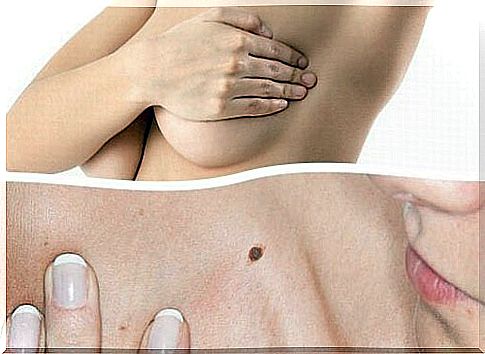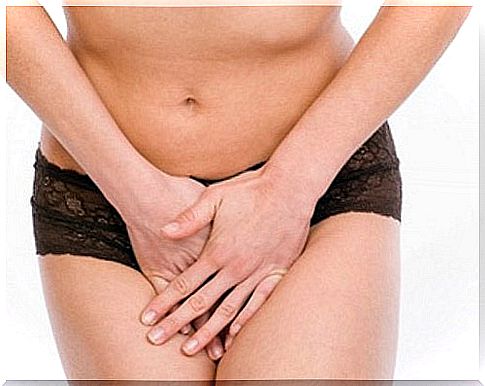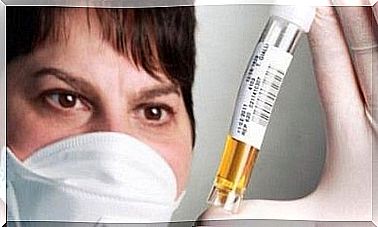4 Cancer Self-examinations Namely
Early diagnosis is fundamental for all diseases, so that they can be treated in time and do not degenerate into more serious pathologies.

Cancer is one of the leading causes of death across the world. In many cases, they could have been avoided by early diagnosis of the disease in the early stages of its development.
Unfortunately, although there have been many advances on the subject and modern technologies allow better information to the population, many people are not familiar with the diseases we are going to tell you about.
They are unable to identify the risk factors that trigger them, just like their earliest symptoms.
It should be borne in mind that early detection of these health anomalies is essential to enable them to be treated quickly, especially in the case of cancers and chronic diseases.
In this article, we are going to introduce you to 4 self-exams, which you can do at home and which could save your life.
1. Self-examination for breast cancer
Self-examination of the breasts is a method that all women should be familiar with, as it allows the early detection of the appearance of a tumor.

The best time to perform this test is 7 days after the menstrual period.
At this point, the breasts are no longer inflamed or hypersensitive as they may be during menstruation.
How to achieve it?
- To perform this self-examination, lie down on your back. Raise your right hand, and place it behind your head.
- With the index, middle and ring fingers of your left hand, exert light pressure on your right breast, making small movements.
- Then sit down or stand up. Examine your armpits the same way, as the breast tissue extends to this area of the body.
- Then squeeze your nipple very gently to check if it is secreting any liquid. Repeat this process with your left breast.
- You should then stand in front of a mirror with your arms hanging out and look closely at your breasts to see if they have experienced any changes in texture.
Wrinkles, small bumps, orange peel or dimples may have appeared. - Also watch your nipple carefully, to see if it is not too deep.
2. Self-examination of the mouth
The strange signs that appear in the mouth should particularly alert you, because they can indicate the presence of periodontitis, or cancer of the mouth.
Any problems relating to the gums, bleeding, sores and lumps in your oral cavity, indicates an abnormality to you.
We also recommend that you frequently examine your lips, inside and outside your mouth, palpating them with your fingers for any changes.
Normally, your lips should be smooth, hydrated, shiny and a beautiful coral color, without nodules or tumors.
3. Self-examination for skin cancer
This self-examination involves looking closely at your skin on a fairly regular basis. This helps to detect the appearance of possible tumors or unusual changes.
It is important to know that the earlier skin cancer is detected, the better the chances of it being cured.
In the same way as for the breasts, it is advisable to carry out this examination once a month as a preventive measure.
The ideal is to have a large mirror, which allows the observation of the body in its entirety.
In doing this self-examination, you should especially check whether:
- Moles suddenly appeared. If they have an asymmetrical shape, odd color, or jagged edges, you need to see a dermatologist.
- Red spots mark some parts of your body.
- Protrusions or ulcers have appeared.
4. Urine self-examination
Our urine says a lot about our health. It is therefore important to check its appearance, according to various criteria, at least once a day.
If you urinate 8-10 times a day, or even more, this is a signal that something is wrong with your bladder.
It can be a failure of this organ, but also of the prostate or the kidneys.
A possible neurological dysfunction or a lesion in the spine should not be ruled out either.

However, keep in mind that urination increases sharply when you ingest a lot of fluids.
It is very important to carefully observe the color of your urine, and analyze its smell.
When your urine is very yellow, it may indicate the presence of a urinary tract infection, or advanced dehydration.
If you notice blood in your urine, unfortunately it could be cancer. A strong smell is often synonymous with a kidney problem.
In any case, the best is to consult a doctor. He will give you the correct diagnosis and treatment for your problem.









